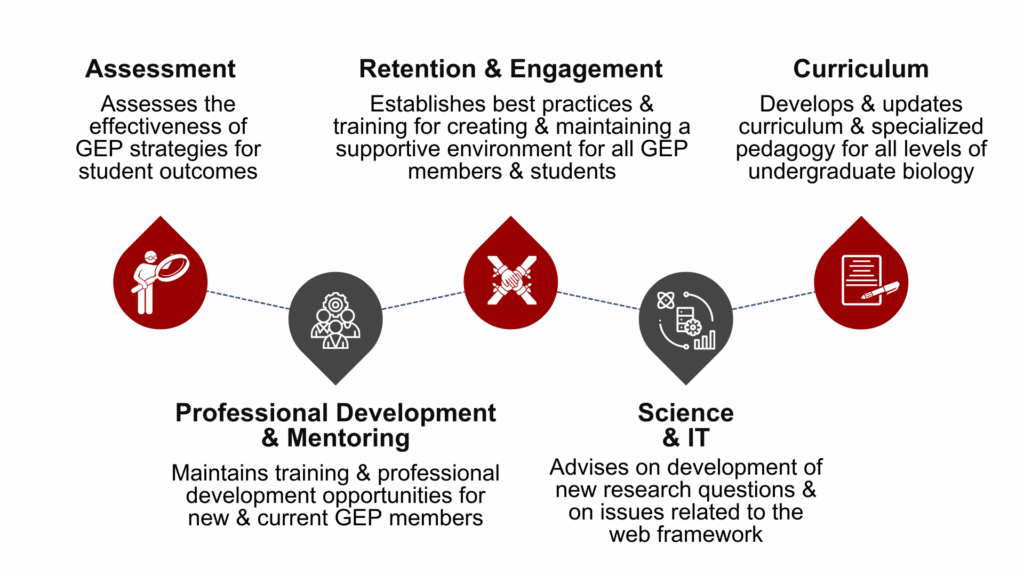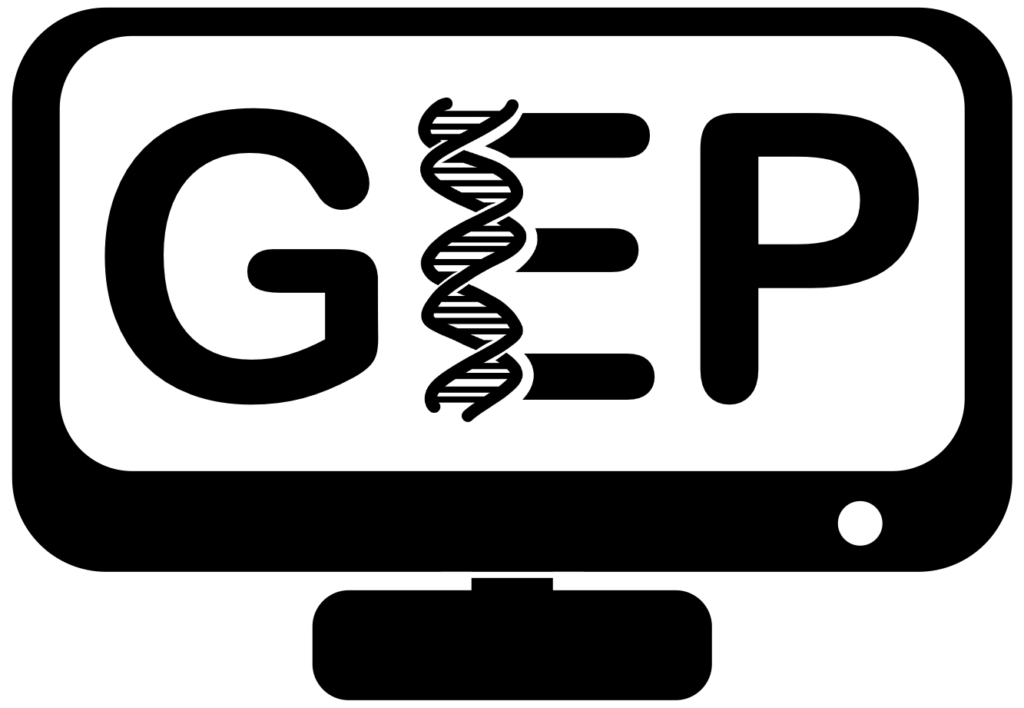History
Founded in 2006
In June 2005, Dr. Sarah “Sally” C.R. Elgin held a one-day hands-on introductory workshop at Washington University in St. Louis, to show visiting faculty what her students were able to do in genome annotation. The 17 faculty who attended all signed on to a proposal to the Howard Hughes Medical Institute (HHMI) to establish the Genomics Education Partnership (GEP). The HHMI grant was funded, and GEP’s first cohort of members attended a full training workshop in June 2006. GEP’s founding was motivated by the need to bring genomics and bioinformatics into the undergraduate curriculum, and the desire to do so while engaging students in research. There is a need for substantial human cognitive effort to improve assemblies and annotate genomes in order to answer interesting questions about the role of genome structure in maintaining genome stability and regulating gene expression.
- Introducing bioinformatics in general and genomics in particular into the undergraduate curriculum, while providing students with a research experience;
- Establishing an open partnership at a scale that can tackle big (megabase) projects requiring many student investigators working in parallel;
- Modeling “team science” that requires substantive contributions of the lead investigator, the participating faculty, and the students, as well as expertise from colleagues in computer science and in genome sequencing, in a mutually supportive and beneficial collaboration;
- Publishing results in the scientific literature with all participating faculty and students contributing as co-authors on the final publication;
- Regularly publishing assessment results in the educational literature to contribute to the scholarship of teaching and learning.
Under Dr. Elgin’s leadership from 2006 to 2017, the GEP grew to a vibrant, collaborative, and productive group of more than 100 highly dedicated faculty and exposed thousands of students to genomics research.
Transition to GEP 2.0

